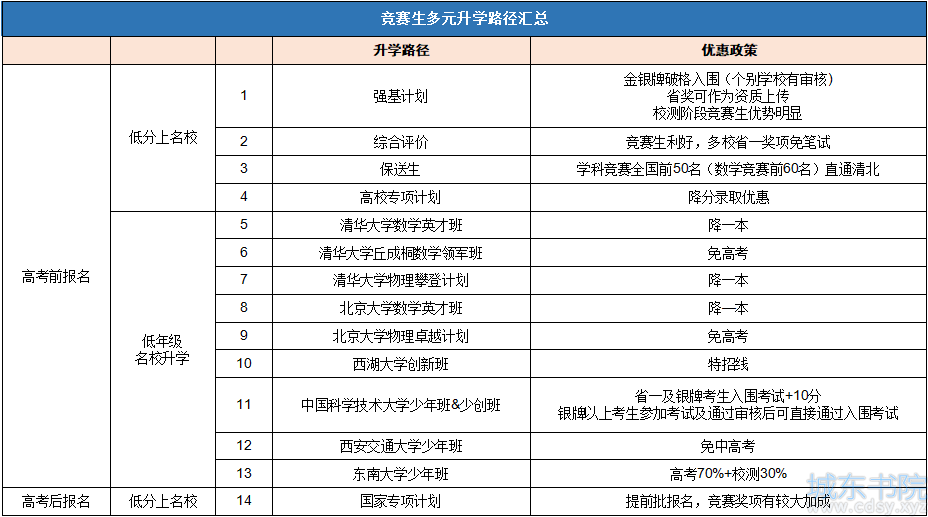const char*, char const*, char*const 的区别
时间:02-27来源:作者:点击数:
Bjarne在他的The C++ Programming Language里面给出过一个助记的方法:把一个声明从右向左读。
char * const cp; ( * 读成 pointer to )
cp is a const pointer to char
const char * p;
p is a pointer to const char;
char const * p;
同上因为C++里面没有const*的运算符,所以const只能属于前面的类型。
C++标准规定,const关键字放在类型或变量名之前等价的。
const int n=5; //same as below
int const m=10;
const int *p; //same as below const (int) * p
int const *q; // (int) const *p
char ** p1;
// pointer to pointer to char
const char **p2;
// pointer to pointer to const char
char * const * p3;
// pointer to const pointer to char
const char * const * p4;
// pointer to const pointer to const char
char ** const p5;
// const pointer to pointer to char
const char ** const p6;
// const pointer to pointer to const char
char * const * const p7;
// const pointer to const pointer to char
const char * const * const p8;
// const pointer to const pointer to const char
说到这里,我们可以看一道以前Google的笔试题:
const char *p="hello";
foo(&p); // 函数foo(const char **pp)下面说法正确的是[]
- A.函数foo()不能改变p指向的字符串内容。
- B.函数foo()不能使指针p指向malloc生成的地址。
- C.函数foo()可以使p指向新的字符串常量。
- D.函数foo()可以把p赋值为 NULL。
至于这道题的答案是众说纷纭。针对上面这道题,我们可以用下面的程序测试:
#include <stdio.h>
#include <stdlib.h>
#include <stdio.h>
void foo(const char **pp)
{
// *pp=NULL;
// *pp="Hello world!";
*pp = (char *) malloc(10);
snprintf(*pp, 10, "hi google!");
// (*pp)[1] = 'x';
}
int
main()
{
const char *p="hello";
printf("before foo %s/n",p);
foo(&p);
printf("after foo %s/n",p);
p[1] = 'x';
return;
}
结论如下:
- 在foo函数中,可以使main函数中p指向的新的字符串常量。
- 在foo函数中,可以使main函数中的p指向NULL。
- 在foo函数中,可以使main函数中的p指向由malloc生成的内存块,并可以在main中用free释放,但是会有警告。但是注意,即使在foo中让p指向了由malloc生成的内存块,但是仍旧不能用p[1]='x';这样的语句改变p指向的内容。
- 在foo中,不能用(*pp)[1]='x';这样的语句改变p的内容。
所以,感觉gcc只是根据const的字面的意思对其作了限制,即对于const char*p这样的指针,不管后来p实际指向malloc的内存或者常量的内存,均不能用p[1]='x'这样的语句改变其内容。但是很奇怪,在foo里面,对p指向malloc的内存后,可以用snprintf之类的函数修改其内容。
方便获取更多学习、工作、生活信息请关注本站微信公众号



推荐内容
相关内容
栏目更新
栏目热门






 湘公网安备 43102202000103号
湘公网安备 43102202000103号